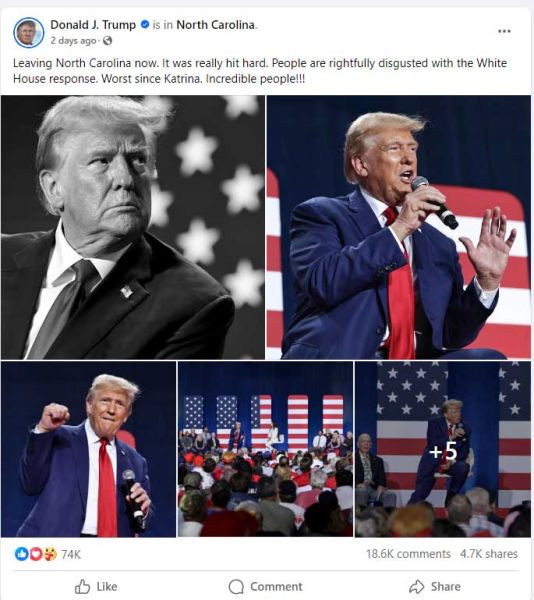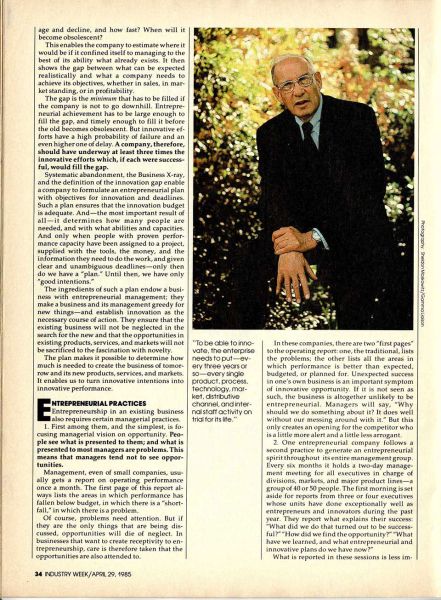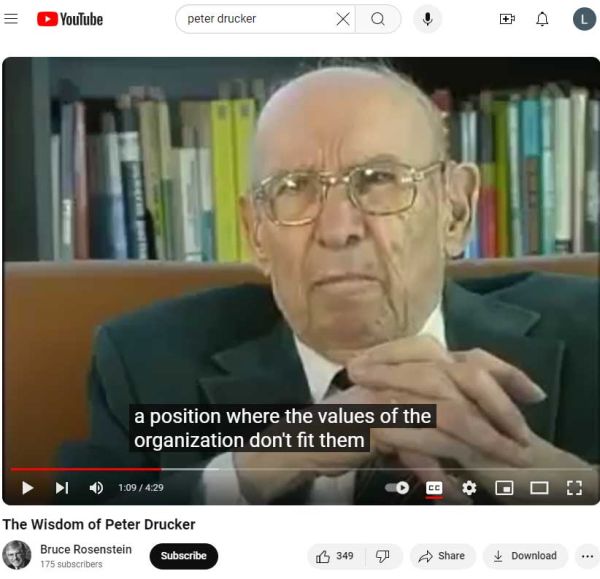Why I am Voting for Trump
Why I Am Voting for Trump
It goes without saying that Donald Trump is his own worst enemy. You have to ask, "Why can't the man quit insulting people, stop looking so ornery, or at least adopt a better way of speaking? Is he really that uncouth?" He has shown his crudeness and arrogance time and again. What is there to like in such a man?
For one thing, all of those observations are basically emotional facts. They say nothing about the substance of the Republican candidate—his policy-initiatives, his abilities, and general orientation. Most educated Americans should realize by now that public figures in general develop two sides to their personalities—their public side and the side that internalizes stuff. The British author John le Carré writes about secret agents in his novels and notes how they sacrifice in their personal lives in order to function in their professional lives.
The charming, down-home General who became President Dwight D, Eisenhower was unfaithful to his wife, as was President Franklin Roosevelt, and of course Bill Clinton. In fact, Clinton displays the most effective divided personality—divided between what the public sees and what his staff and wife see.
The German magazine Der Spiegel described Clinton's public manner as "dümmlich", or in English "charming and sheepish", which was at odds with his personal hardness and self-serving amorality. Many Americans even prefer a public figure who can maintain a charming public facade and keep his personal hardness under wraps.
Trump does not work like that. What you see is what you get. Functionally, he is not a politician at all but a businessman, with the character of a ringmaster, or "Dompteur", as German author Thomas Mann described Presidient Franklin Roosevelt. Trump does not care two hoots for making himself popular or well-liked.
So what does this man have going for him? The answer is intentionality. He is not a lawyer, so he does not seek to negotiate with opponents, compromise to them, or appear congenial toward them. To Trump, opposing viewpoints only hinder his achieving his goals. He would rather go down in defeat than compromise on his goals.
Most rank-and-file Republicans believe that their leaders have compromised too much already, in a benighted effort to get their candidates elected. In so doing, they have negotiated away too much of what defines the Party, to the extent that most rank-and-file Republicans have only a vague sense of the parameters of Party goals.
Politicians reach the zenith of power by playing by the rules. They must first exhibit loyalty to the party and pay their dues by supporting the party and its candidates. They are creatures of the party system and practice a good bit of subordinate shuffling. The party, in turn, weeds out the rebels and trouble-makers from its ranks and rewards the loyal subordinates.
Trump rebelled against all that and basically hijacked the Republican Party to stem the erosion of its core values. Many prominent Republicans, such as former Vice-Pesident Dick Cheney, did not take well to Trump's actions and have already indicated their intention to vote against him in November. The remainder of the Party recognizes the stakes involved and harden their loyalty to him.
More than anything else, the character and stance of Donald Trump have defined the divisions in the fabric of American society. As I have said, many people would like to maintain the charming facade of an America at peace with itself. Once you start talking about conflict, you only escalate it, and threaten the functions of the nation. Others like myself, on the other hand, would rather shout "Why talk about peace where there is no peace." Like, quit trying to deceive everyone about what's going on.
Trump approaches politics the way he deals with his business. Like many Peter Drucker disciples, Trump believes that he must routinely put on trial, every two or three years, every function of his business, or a nation for that matter. For a political party, that means examining every shred of a party's self-definition. Does the party rhetoric or the historical documents still define it? If it does not line up with the actual alignment of party leaders, then either the documents much change, or the positions and direction must be realigned.
Many of those who worry about conflict believe that talking about it only hastens the likelihood of a formal division of the dis-United States into separate countries. Lord, I hope Trump will hasten the division. Let the Republican Party regain strength and intention through realizing itself as a nation, "and to assume among the powers of the earth, the separate and equal station, to which the laws of Nature and of Nature's God entitle it."



